
Diabetes in Kids – Facts
Diabetes type 1 is commonly diagnosed in childhood. More than90% of children younger than 16 years of age and diagnosed with diabetes aresuffering from type 1 form of this disease. Many of these kinds don’t havefamily history of diabetes. The body of these patients attacks and destroys its own pancreas cellsspecialized for the production of insulin. As the result they lack thisextremely important substance and suffer from childhood diabetes.
Scientists also discovered that there is significantincrease in the number of children suffering from diabetes type 2. The mostprobable cause of this diabetes is obesity which may affect both youngchildren and adults.
Symptoms of diabetes are generally similar in adults and inkids. These patients, regardless their age, experience increased thirst,frequent urination, tiredness and weight loss. However, children can react in adifferent manner than the adult patients and they can suffer from behavior problemsor complain about headaches and tummy pains because of diabetes type 1. If alittle patient has had abdominal pains for several weeks, the doctor willusually suspect diabetes to be the cause of this problem.
Treatment of Diabetes in Children
Children diagnosed with diabetes type 1 need insulin inorder to function normally. Most of them are treated in hospitals, rather thanby the doctor. Insulin routine should be adjusted to the needs of the child andhis age. Very small kids don’t need overnight injections of insulin, but mostkids do. They usually receive frequent daily doses of fast-acting insulin,while they need slow-acting insulin over night. Another treatment option is continuousinsulin pump and many children use it nowadays.
Parents should take care of their child’s glucose level andinsulin treatment as well. Avoiding the attacks of low blood glucose isalso very important for little patients and parents can help there too. If thechild is old enough he or she should learn how to measure his or her bloodglucose level and how to administer insulin injection to himself.
Parents should also be informed about the diabetic acidosisand low glucose symptoms and know what to do if these appear.
The child suffering from diabetes should regularly visit hisdoctor.
Diet is something parents can also help with. Healthy andbalanced food is crucial for the child suffering from diabetes. Physicalactivities are also important and every child should exercise every day,especially child with diabetes.





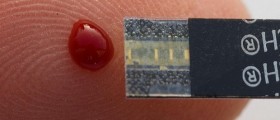

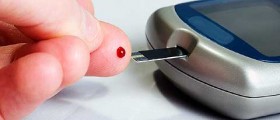
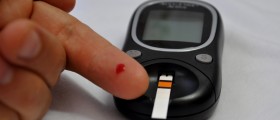
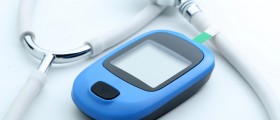




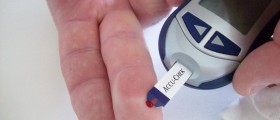

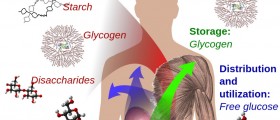
Your thoughts on this
Loading...